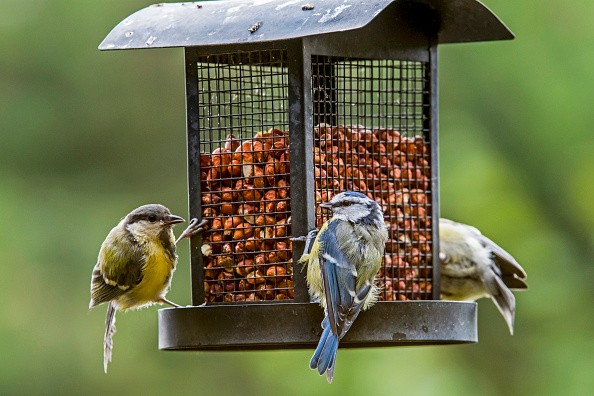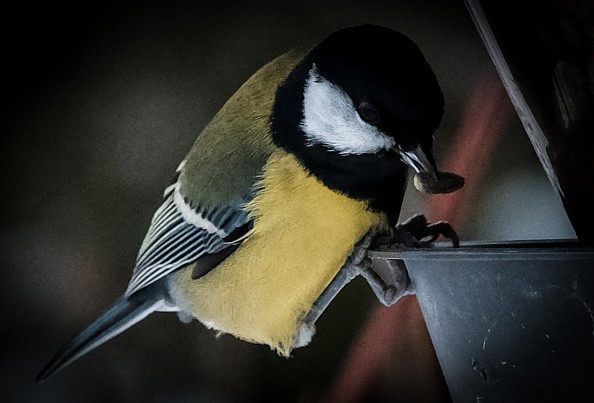Do you have any bird feeders and/or birdbaths on your premises? The Massachusetts Division of Fisheries and Wildlife together with other wildlife officials are advising residents of the Bay State to take them out.

The Mystery Disease
Mass.gov is making reports on a wildlife advisory concerning the "mystery disease" that birds have been contracting and has led to their death in other parts of the country. Wildlife officials are encouraging residents of Massachusetts to dispose of bird feeders and birdbaths from their surroundings and to make reports if they discover dead birds.
In May, so many states including Virginia, West Virginia, Maryland, and Washington D.C. started getting reports of ill and dying birds. Recently, reports from more states including Pennsylvania and New Jersey have been coming in.
Neurological signs like eye swelling, and crusty discharge were noticed among birds. What led to the death of these birds is still not clear at this time. Birds that assemble at bird feeders and birdbaths can spread diseases to each other. To serve as a cautionary measure, MassWildlife is advising people to put them away for now.
MassWildlife Advises the Public
For now, this strange disease, has not been recorded in any New England states. Officials are doing more than is really necessary to avoid the spread because of the rate at which birds are contracting this disease
Also, experts reveal birds should be capable of finding enough natural foods this period of the year without the need of birdseed.
MassWildlife is also asking residents to ensure they make a report if they notice a bird is sick or dead birds to aid trace this widespread mortality event. Reporting dead birds that the cause of their death appears to be evident like cat predation or collision with glass should't be included. Email mass.wildlife@mass.gov to report sightings.
Also, MassWildlife and Mass Audubon are also advising the people to avoid the use of bird feeders and bird baths at once. Birds gathering at bird feeders and bird baths can spread diseases to one another.

Bird Seed
Wildlife officials are also suggesting that the public should not touch any dead bird except it is very necessary. Even if you have to come in contact with them, make use of disposable gloves and thoroughly wash your hands after.
Birds are capable of finding abundant natural foods on the landscape without the need of bird seed. MassWildlife urges that bird feeders' seed can call the undesirable attention of chipmunks, squirrels, mice, turkeys, rats, and also black bears.
Wild animals that become accustomed to foods like bird seed, associated with humans can spread disease, become a nuisance, and bring about problems. With the use of native plants, you can learn how to naturally lure birds to your yard throughout the year.
For more news, updates about avian diseases and similar topics don't forget to follow Nature World News!
© 2026 NatureWorldNews.com All rights reserved. Do not reproduce without permission.





